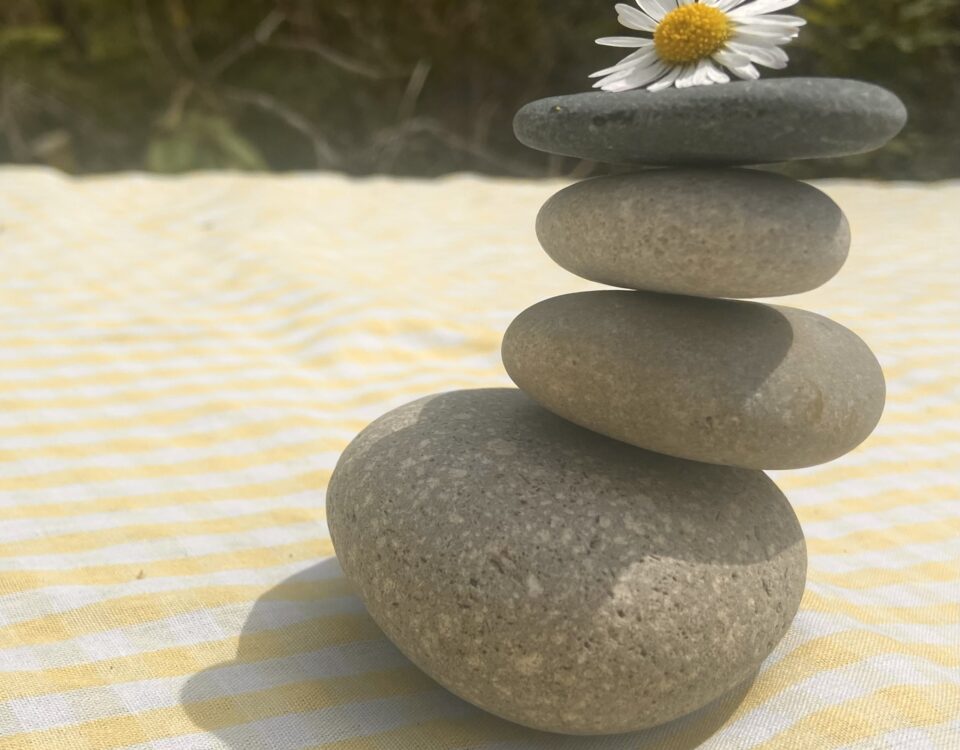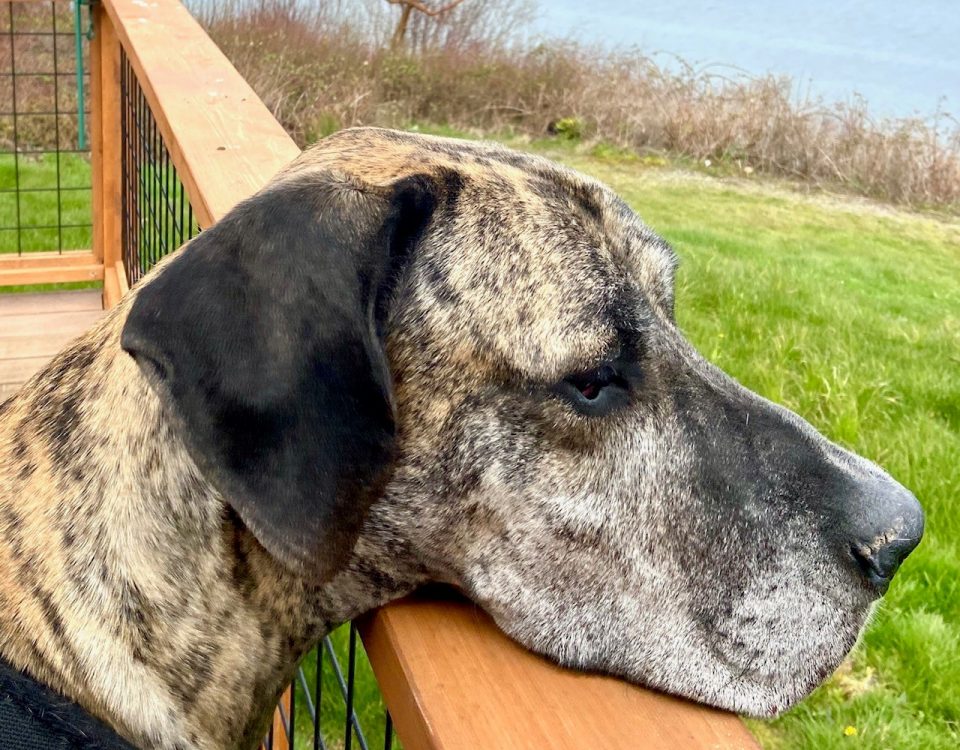Living Room
September 21, 2010Gentle Yoga and Parkinson’s
October 16, 2010A Glimpse of Glasgow
 From the Opening Ceremony right through to the final playful Brain Game session, the World Parkinson Congress in Glasgow, Scotland, elicited laughter, tears, and much thought.
From the Opening Ceremony right through to the final playful Brain Game session, the World Parkinson Congress in Glasgow, Scotland, elicited laughter, tears, and much thought.
Opening Ceremony
Attendees included health professionals as well as those living with PD. At the opening ceremony, those who’d conceived and created this summit of minds and bodies gave a brief history and announced that the third Congress is scheduled for 2013 in Montreal. Another speaker focused on the future, with a plea for urgency. This thirty-nine-year-old father of two young children called for urgency toward awareness – this is not a disease of the elderly, he’d said – as well as urgency toward better treatment, toward a cure.
The two winning entries from the video conference, shown on a huge screen, each gave those in the auditorium without PD an inside look at living each day. And to those of us living with PD, they elicited an immediate bond. Both artistic renditions , only 3 minutes apiece, warrant viewing: Spring Tide and Welcome to Our World
Poster Presentations
 Hundreds of poster presentations represented studies, programs, trials and ongoing research from gene therapy to art therapy. My colleagues (from Boston University and Boston Medical) and I discussed our program “Yoga Teacher Training for Students with Parkinson’s Disease” with a number of individuals throughout the conference. Among them were a gentleman from Germany finishing his yoga certification training as well as an OT from Australia. Both were interested in creating teacher training programs in their communities. Fantastic, I say. Spread the word and let there be more yoga classes in the world that meet the needs of people living with PD.
Hundreds of poster presentations represented studies, programs, trials and ongoing research from gene therapy to art therapy. My colleagues (from Boston University and Boston Medical) and I discussed our program “Yoga Teacher Training for Students with Parkinson’s Disease” with a number of individuals throughout the conference. Among them were a gentleman from Germany finishing his yoga certification training as well as an OT from Australia. Both were interested in creating teacher training programs in their communities. Fantastic, I say. Spread the word and let there be more yoga classes in the world that meet the needs of people living with PD.
A poster of particular interest showed proof that yoga – in this study, it was Iyengar-style yoga – benefits people living with Parkinson’s. Not necessarily a news flash for the yoginis among us, but definitely news worthy in the medical researcher’s world of empirical data. Very few studies have been done so very little evidence exists supporting the positive effects of yoga on people with movement disorders. This study, conducted over six years by scientists (not yoga experts) at the PD Association of India, analyzed the results of tests on a control group as well as a group that practiced yoga at lease twice weekly. All areas showed significant improvements in areas measured and in sense of well-being for the yoga group. Thank you, PD Association of India, you’ve done us all a wonderful service proving what we know so our physicians (and maybe even insurance companies) can believe it, too. This and all other accepted abstracts can be found at www.worldpdcongress.org
Workshops and Sessions
A plethora of options, many overlapping not only with concurrent sessions but with special presentations and exhibit hall browsing hours, ranged from the impossible to pronounce (drug studies and protein breakdowns) to the interactive. For a complete listing, visit www.worldpdcongress.org for a downloadable program.
I attended an art therapy workshop, a session on tips and tricks for living with PD, as well as a handful of others, all informative. The one that stayed with me was on exercise and PD. The researcher, who spoke first, demonstrated that exercise (at least on lab rats, anyway) that involved problem-solving (as in learning new motor tasks) release dopamine faster in the brain. The exercise, particularly when it is intense and challenging, doesn’t increase the level of dopamine that he brain creates, but the exercise affects other chemicals (glutamate was one) that make the dopamine more efficient.
The second speaker, a former athlete (Davis Phinney, a cyclist with the Tour de France) agreed with the science by attesting that exercise improves his functioning and mood. He said that he pushes himself “to do just enough” exercise. This from someone who rode in one of the most challenging of sports events. He doesn’t overdue it, he said. His advice for the right kind of exercise: “Find what’s meaningful to you.”
So, ‘learn new motor tasks,’ ‘do just enough,’ and ‘find what’s meaningful.’ Sounds like a new pose that doesn’t push me past my edge but, instead, leads me to my center can bring me peace in mind – quite literally in brain – and in body. A glimpse into Glasgow brought me right back home.
P.S. Regarding that urgency plea: The date is set for the next World Congress (October 2013); here’s hoping it gets canceled before then.
P.P.S. This just in from the World PD Congress: Listen to the BBC Radio interview this week with Dr. Haydeh Payami who announced her break through research on caffeine and Parkinson’s at the WPC. It’s listed under the ‘Radio Media’ section at http://www.worldpdcongress.org/About/news_archive.cfm


